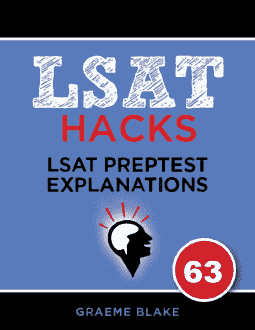DISCUSSION: You’re looking for something mentioned in both passages. If even one passage fails to address the topic, the answer is wrong.
However, in practice, most answers are not mentioned in both passages. So it is better to eliminate answers with no support, first.
I incorrectly semi-eliminated answer B because I thought it had no support in the first passage. However, I knew it had support in the second passage, so I kept it in the back of my mind.
I then easily eliminated the other answers. At that point, I searched the first passage and found some support for B.
___________
- Neither passage mentions recent historical scholarship, and neither passage gives examples of flaws.
- CORRECT. The first author uses paragraphs 1 and 2 to describe how to be objective. Bias is only mentioned by name in paragraph 3, but the ideals described as paragraphs 1 and 2 are synonymous with neutrality and lack of bias.
The second author shows how to avoid bias in the first paragraph of their passage. - We’re never told the history of objectivity.
- Passage B doesn’t even mention relativist scholarship.
- This is never addressed. Both passages imply that ideally, interpretations change due to better objective scholarship. But the passages never say if this actually happens.


Leave a Reply